Responsible pet ownership includes providing appropriate care, which often involves spaying or neutering to promote the health and well-being of our furry friends. If you’re considering getting your pet rat neutered, you may be wondering about the associated costs.
In this article, we will explore the expenses involved in getting a rat neutered, shedding light on the financial considerations of this common veterinary procedure.
How Much Does It Cost to Get a Rat Neutered?
When it comes to neutering rats, the average expense hovers around $355, surpassing the cost for dogs or cats. The disparity arises from the infrequency of rat neutering and its inherent complexity compared to other common pets.
Nevertheless, price fluctuations abound within this realm, showcasing a vast range where rodent guardians have been known to shell out as little as $15 or as staggering as $800. From modest investments to extravagant expenditures, the financial landscape of rat neutering unveils a diverse spectrum of possibilities.
What Are the Benefits of Neutering a Rat?
Neutering, or spaying for females, is a common surgical procedure performed on rats to remove their reproductive organs. While the decision to neuter a rat may vary from owner to owner, there are several notable benefits associated with this procedure. Below are the advantages of rat neutering.
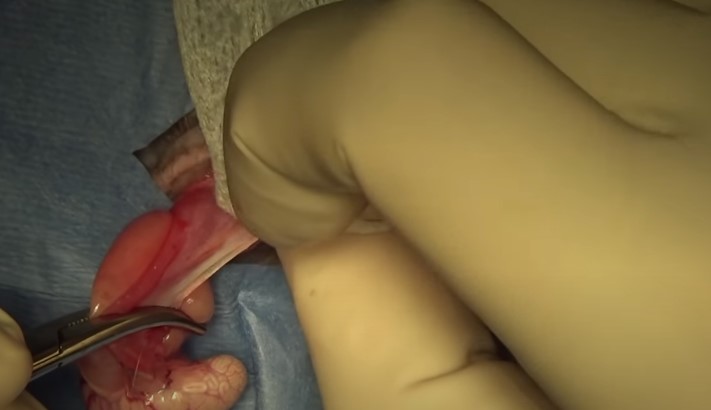
Preventing Unwanted Litters and Overpopulation
One of the primary reasons for neutering a rat is to prevent unwanted litters and control the population. Rats are known for their high reproductive rates, with females capable of having multiple litters throughout the year.
By neutering rats, especially in cases of mixed-sex groups, owners can effectively eliminate the risk of accidental pregnancies and the subsequent burden of finding suitable homes for the offspring. This proactive step not only reduces the strain on shelters but also helps prevent the spread of genetic disorders.
Reducing the Risk of Reproductive System Disorders
Neutering a rat can significantly reduce the risk of reproductive system disorders in both males and females. Female rats are prone to developing mammary tumors, which can be malignant and life-threatening. By removing the ovaries and uterus through spaying, the likelihood of such tumors is greatly reduced.
Male rats, on the other hand, can be prone to testicular tumors, and neutering eliminates this risk. Additionally, neutering can help prevent conditions such as uterine infections (pyometra) in females and testicular infections (orchitis) in males, contributing to their overall well-being.
Minimizing Aggression and Dominance Behaviors
Neutering can have a positive impact on the behavior of both male and female rats. Unneutered male rats can display aggressive and territorial behaviors, especially toward other males. This aggression can lead to fights, injuries, and a less harmonious living environment.
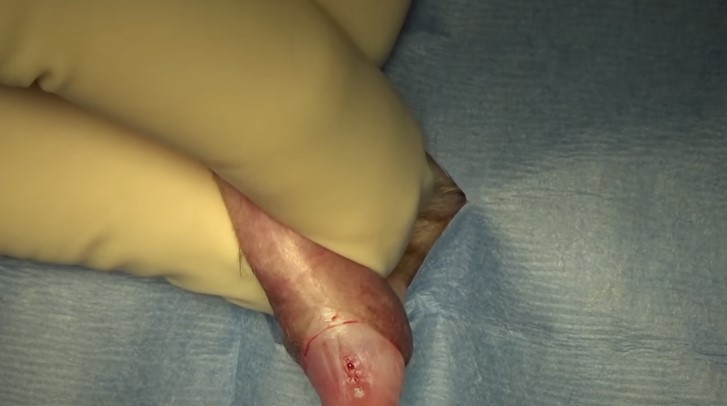
Neutering male rats helps reduce their dominance tendencies, making them more sociable and less likely to engage in aggressive behaviors. Similarly, spaying female rats can help prevent territorial disputes and aggression that may arise during the estrus cycle, also known as heat.
Decreasing Scent Marking and Urine Odor
Rats have the instinct to mark their territory through scent marking, which involves leaving small droplets of urine in strategic locations. This behavior can intensify in unneutered rats, resulting in a stronger urine odor that can permeate their surroundings.
Neutering can help decrease scent-marking behaviors in both male and female rats, thereby reducing urine odor and making their living environment more pleasant for both the rats and their owners.
Promoting Overall Health and Longevity
Neutering a rat can contribute to its overall health and longevity. By eliminating the risk of reproductive system disorders, such as tumors and infections, rats can lead healthier lives. Moreover, neutered rats tend to be less stressed, as they are not driven by hormonal fluctuations associated with mating behaviors.
Reduced stress levels can have a positive impact on their immune system and overall well-being, potentially extending their lifespan.
Neutering a rat offers numerous benefits for both the rat and its owner. By considering the long-term health and behavioral benefits, rat owners can make an informed decision about the welfare of their beloved companions.
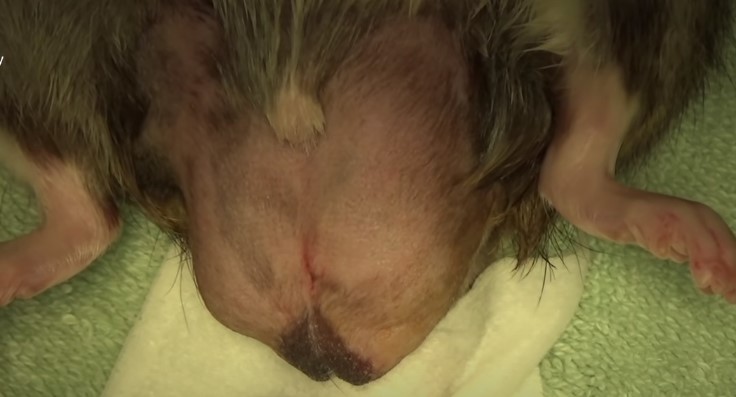
Factors That Directly Affect the Cost of Gettingting a Rat Neutered
The cost of getting a rat neutered can vary significantly depending on various factors. Understanding these factors is essential for rat owners to anticipate and budget for the expenses associated with the procedure. Below are the key factors that can directly influence the cost of rat neutering.
Geographic Location
Geographic location plays a crucial role in determining the cost of rat neutering. Veterinary services can have varying pricing structures across different regions and cities. In general, urban areas with a higher cost of living tend to have higher veterinary fees.
Additionally, the availability of specialized exotic animal veterinarians and clinics can also impact the cost. Therefore, rat owners need to research and compare prices in their specific locations.
Veterinary Clinic and Expertise
The choice of the veterinary clinic and the expertise of the veterinarian performing the procedure can directly affect the cost of rat neutering. Veterinarians with specialized knowledge and experience in exotic animal care may charge higher fees for their services.
Moreover, the reputation and quality of the veterinary clinic can also influence the price. Well-established clinics with state-of-the-art facilities may have higher overhead costs, which can be reflected in the fees they charge for procedures like rat neutering.
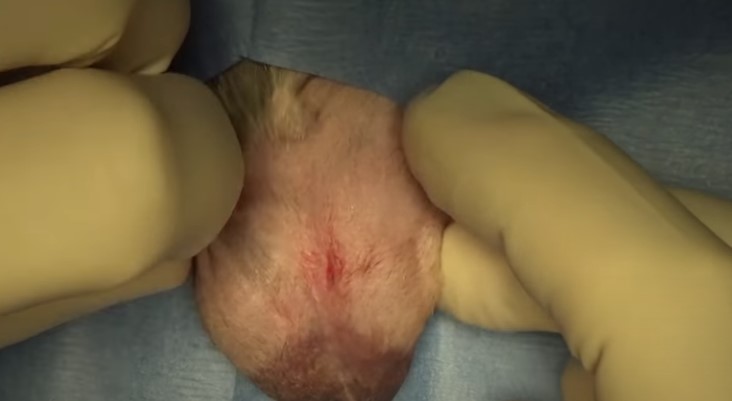
The Complexity of the Procedure
The complexity of the neutering procedure can impact the cost. Rat neutering is generally considered more complicated than neutering dogs or cats due to the smaller size and unique anatomy of rats.
The surgical technique required to perform the procedure safely and effectively may involve additional time, expertise, and specialized equipment. Consequently, the complexity of the surgery can contribute to higher costs.
Additional Services and Pre-Operative Care
The inclusion of additional services and pre-operative care can influence the overall cost of rat neutering. Some veterinary clinics may bundle services like pre-operative blood work, pain medication, and post-operative check-ups into a comprehensive package.
These additional services can enhance the safety and well-being of the rat but may come at an additional cost. Rat owners need to inquire about the specific services included in the quoted price and assess their necessity and value.
Individual Rat Characteristics
Certain individual rat characteristics can impact the cost of neutering. Factors such as the age, weight, and overall health condition of the rat can influence the anesthesia requirements and the duration of the procedure.
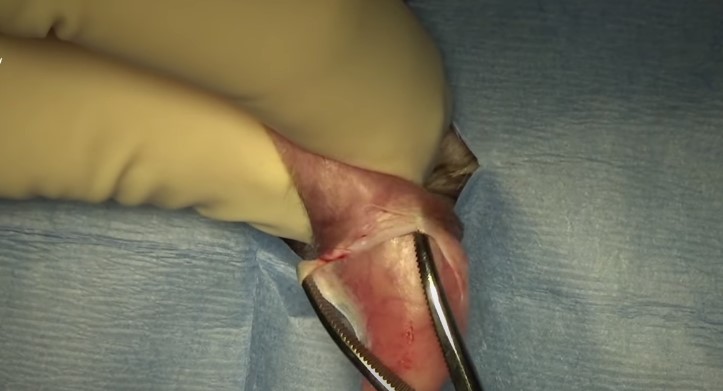
Older rats or rats with pre-existing health conditions [1] may require additional monitoring and precautions during the surgery, potentially increasing the cost. It is advisable to discuss these factors with the veterinarian during the initial consultation to determine any potential cost implications.
Negotiation and Financial Assistance
In some cases, negotiation with the veterinary clinic or seeking financial assistance can help mitigate the cost of rat neutering. Some clinics may offer discounts for multiple rat neutering procedures or provide financing options to ease the financial burden.
Additionally, rat owners can explore local animal welfare organizations, charities, or low-cost spay or neuter programs that may offer financial assistance or reduced-cost services specifically for rat neutering.
Conclusion
Navigating the realm of rat neutering costs reveals a wide spectrum of possibilities. From affordable options to higher-priced procedures, rat owners embark on a financial journey to ensure the well-being of their furry companions.
Regardless of the expense, the ultimate reward lies in responsible pet ownership and the countless benefits that come with rat neutering.

